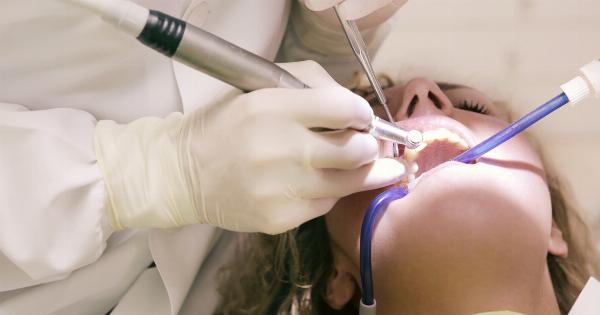Alzheimer’s disease is a condition that affects the brain and leads to a decline in cognitive function over time. While typically associated with older adults, there is a rare form of the disease that can occur in individuals under the age of 65.
This condition, known as youth-onset Alzheimer’s disease, presents unique challenges and requires specialized care. Below, we’ll explore the key aspects of youth-onset Alzheimer’s disease, including causes, symptoms, diagnosis, and treatment options.
What Causes Youth-Onset Alzheimer’s?
Alzheimer’s disease is characterized by the accumulation of plaques and tangles in the brain that disrupt normal neuronal function.
While the exact cause of Alzheimer’s disease remains unclear, scientists believe that a combination of genetic and environmental factors may be at play. In some cases, individuals with a family history of early-onset Alzheimer’s may be at increased risk of developing the condition themselves.
What are the Symptoms of Youth-Onset Alzheimer’s?
The symptoms of youth-onset Alzheimer’s are similar to those of the more common late-onset form of the disease.
However, because individuals with youth-onset Alzheimer’s are typically in the prime of their lives, the impact of the symptoms may be more severe and disruptive to daily life. Common symptoms of youth-onset Alzheimer’s include:.
- Memory loss, particularly with regards to recent events and conversations
- Difficulty with language, including finding the right words and understanding complex sentences
- Impaired judgment and decision-making
- Difficulty with spatial relationships and navigating familiar environments
- Mood swings and changes in personality
How is Youth-Onset Alzheimer’s Diagnosed?
Diagnosing youth-onset Alzheimer’s can be challenging, as the symptoms may not be immediately recognized as signs of dementia in a younger individual.
However, early diagnosis is critical in order to provide appropriate care and support to individuals with the disease. A diagnosis of youth-onset Alzheimer’s typically relies on a combination of the following:.
- A thorough medical and family history
- Neuropsychological testing to assess cognitive function
- Brain imaging studies, such as MRI or CT scans
- Genetic testing, particularly in cases where there is a family history of early-onset Alzheimer’s
What Treatment Options are Available?
At present, there is no cure for Alzheimer’s disease. However, a variety of treatments are available to help manage the symptoms of the disease and improve quality of life for individuals with the condition.
Treatment for youth-onset Alzheimer’s may include:.
- Medications to improve cognitive function and manage behavioral symptoms
- Cognitive and behavioral therapies to improve mood and enhance daily functioning
- Supportive care, such as assistance with daily activities and home modifications
- Participation in clinical trials for potential new treatments
What Can You Do to Support a Loved One with Youth-Onset Alzheimer’s?
If you have a loved one with youth-onset Alzheimer’s, there are many ways you can provide support and care. Some steps to consider include:.
- Learn as much as you can about the disease and its symptoms
- Stay in communication with your loved one’s medical team and care providers
- Provide emotional support and regular social interaction
- Assist with daily activities, such as meal preparation and transportation
- Help create a safe and supportive home environment
In Conclusion
Youth-onset Alzheimer’s disease is a rare but devastating condition that can have a profound impact on individuals and their loved ones.
While there is no cure for the disease, early diagnosis and appropriate treatment can help improve quality of life for those affected. If you or someone you know is experiencing symptoms of youth-onset Alzheimer’s, it’s important to seek medical evaluation and support as soon as possible.






























